US forces to stay in Iraq 'as long as needed': Coalition
A spokesman for the US-led coalition purportedly fighting Daesh says American forces will stay in Iraq “as long as needed,” amid reports that the terrorist organization is making a comeback in Iraq and neighboring Syria.
“We’ll keep troops there as long as we think they’re needed ... The main reason, after ISIS is defeated militarily is the stabilization efforts and we still need to be there for that, so that’s one of the reasons we’ll maintain a presence,” Colonel Sean Ryan told a news conference in Abu Dhabi on Sunday.
In recent months, US President Donald Trump has repeatedly touted his administration’s success in defeating Daesh and destroying its so-called caliphate in Iraq and Syria.
Trump, who ran for office pledging to end the US military engagements overseas, has dispatched hundreds of additional troops to Iraq and put them closer to the front lines with more freedom to bomb targets.
Coalition officials have talked about how the military campaign dislodged Daesh from about 98 percent of the territory it once held in Syria and Iraq.
However, the Pentagon acknowledged Thursday that the terrorist organization appears to be “well-positioned to rebuild and work on enabling its physical caliphate to re-emerge.”
“ISIS probably is still more capable than al-Qaeda in Iraq at its peak in 2006-2007,” Pentagon spokesperson Cmdr. Sean Robertson told VOA News in a statement.
In its latest intelligence estimates, the Pentagon put the number of Daesh terrorists operating in Iraq and Syria between 28,000 and 32,000, close to level the terror group boasted at the height of its power.
A separate report from the United Nations painted a similar picture, estimating that around 30,000 Daesh militants are still active in both Arab countries.
Early this year, Defense Secretary James Mattis made a formal request to NATO allies, asking them to deploy more troops to Iraq. NATO responded positively, agreeing to expand the alliance’s mission in Iraq with the aim of providing “training” and “advice” to Iraqi armed forces.
The US first deployed forces to Iraq in 2003 under the banner of war on terror two years after invading Afghanistan under the same pretext. The deployment was followed by rampant violence and chaos, which set the stage for the rise of Daesh in 2014.
VIDEO | Israeli forces storm West Bank’s Jenin again, target civilians
Iran activates advanced centrifuges after IAEA's 'unjust' resolution
VIDEO | Press TV's news headlines
Iran FM: Response to Israeli aggression 'inevitable'
VIDEO | Iran eases the rules for exporting hand-woven carpets
VIDEO | Intl. Day for the Elimination of Violence against Women: A stark reminder of Gaza women
Australia denies ex-Israeli minister Shaked visa
VIDEO | 85% of Yemeni displaced people face daily hunger crisis


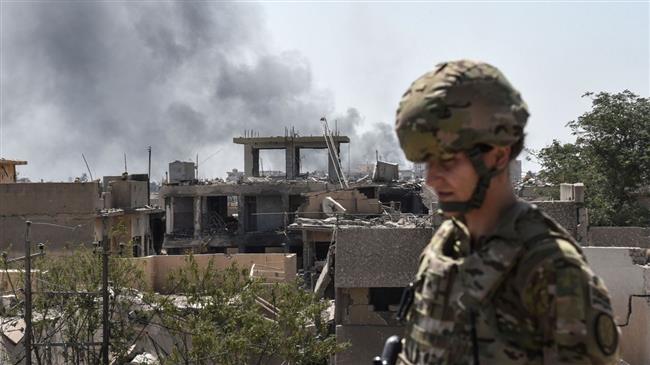

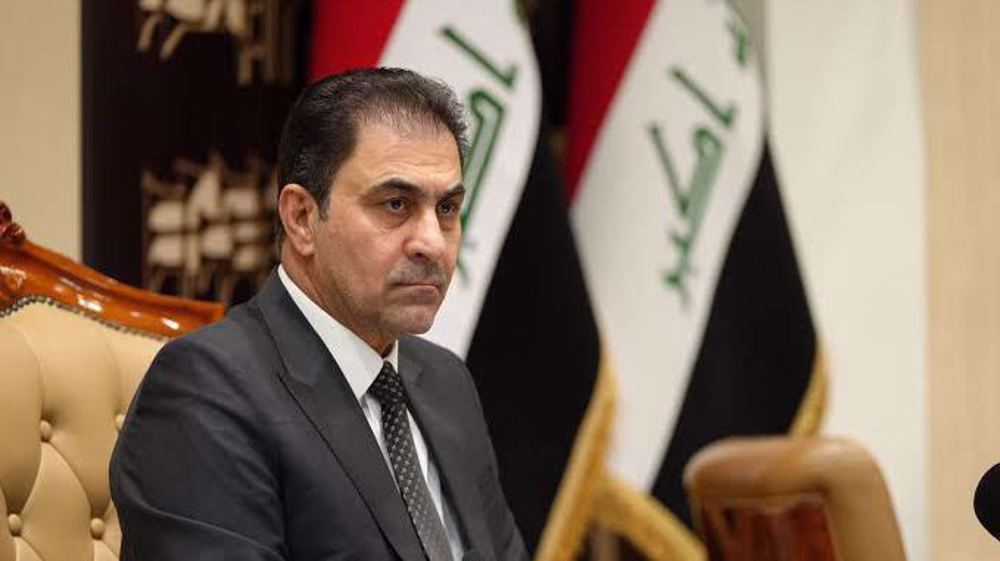
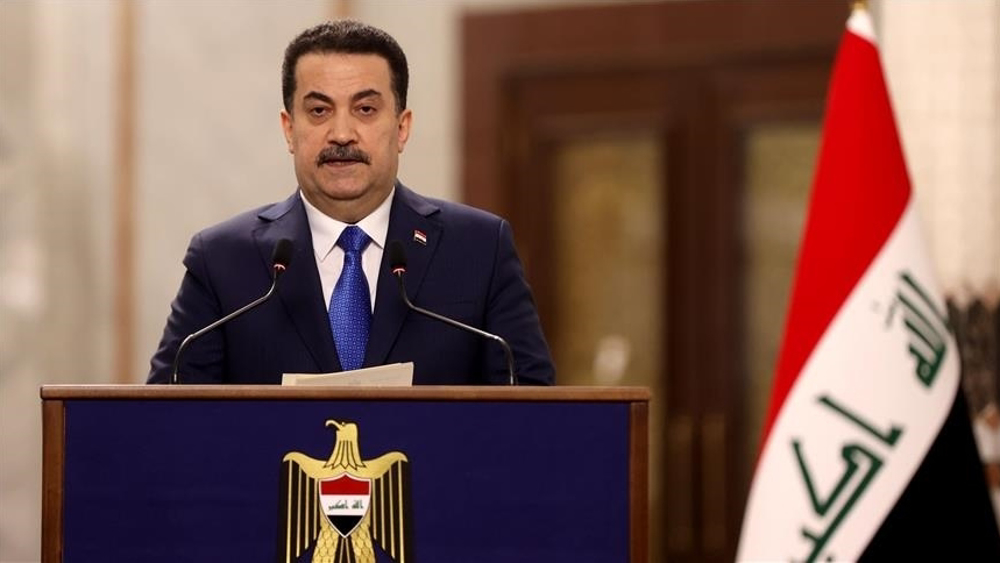
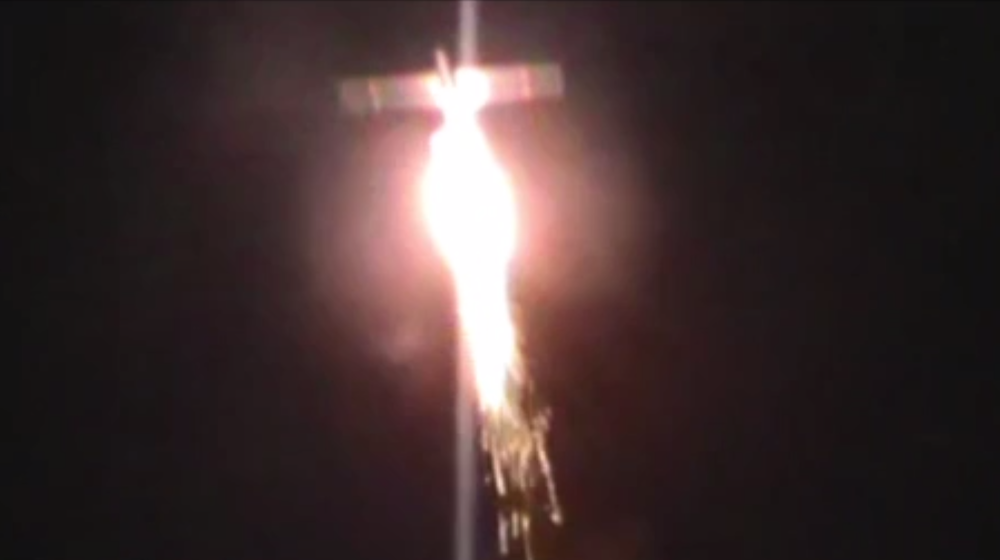



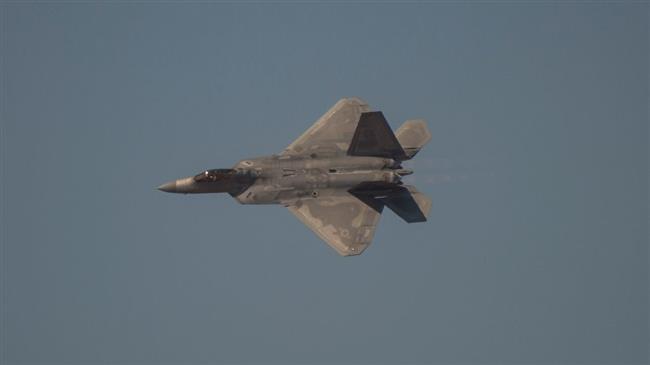
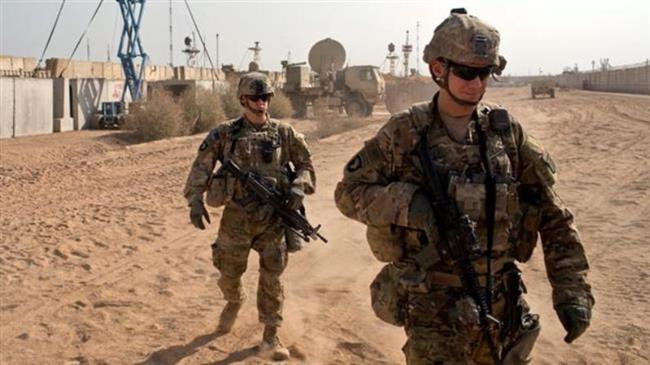

 This makes it easy to access the Press TV website
This makes it easy to access the Press TV website